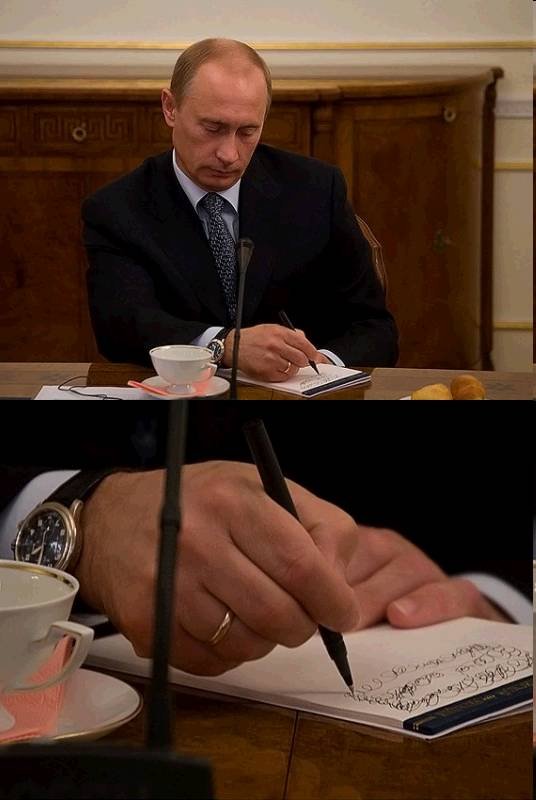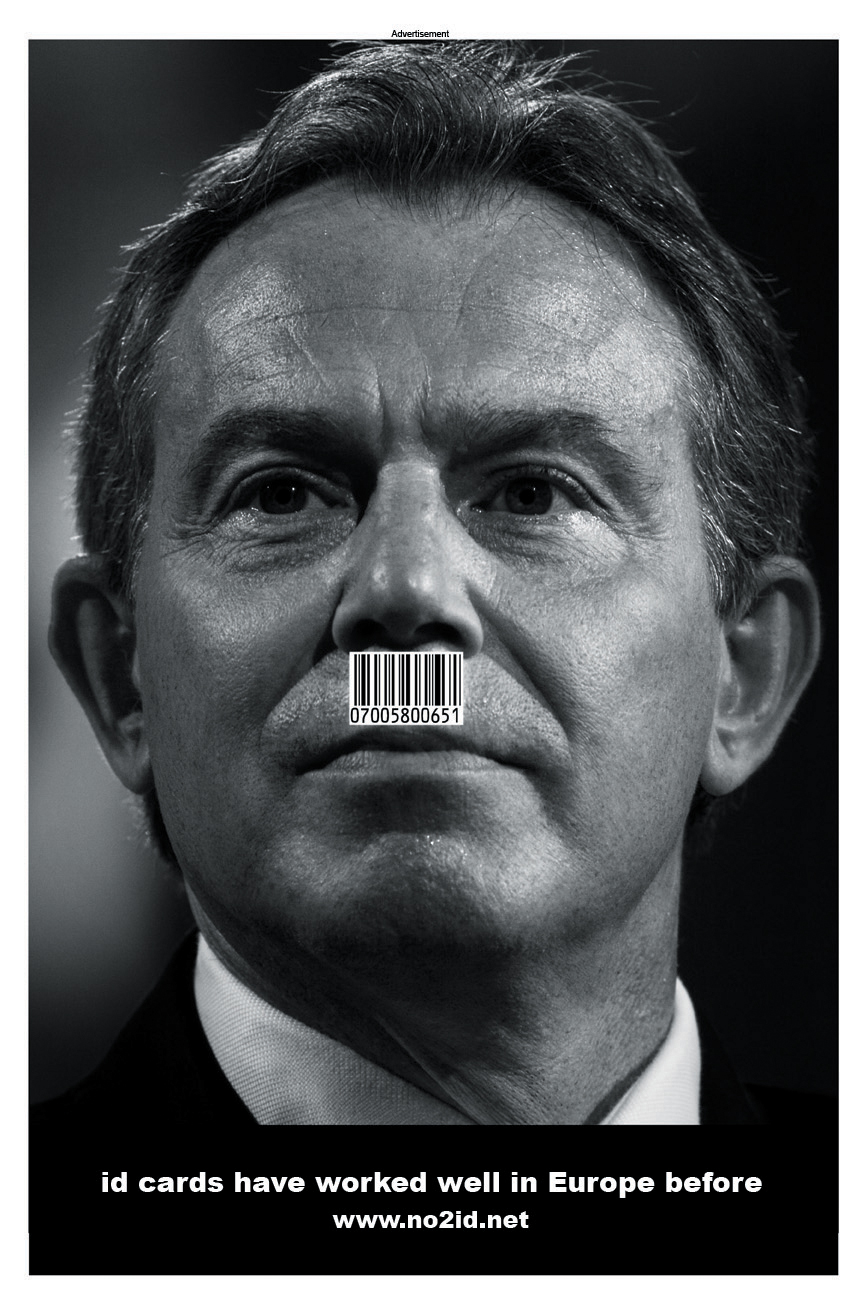In the shadows of chain-store ghost towns
Where no-one walks the streets at night
A silent nation, hooked on medication
Stares into a blue flickering light.
— Calexico, Service and Repair
This verse has been on my mind rather a lot since moving to my new exurb (it’s not quite a chain-store ghost town, although there sure is one of every chain store here.) But it’s the second pair of lines I’ve dwelt most upon; a potent image of Brave New World escapism as a substitute for real-life engagement, a soma-ed out populace who’ll take what it’s given.* This is a fashionable refrain in postmodern affluent liberal polities: democracy is being undermined by apathy, generated by those who would prefer you didn’t engage in politics at all so they can just get on with running the world without pesky peons interfering.
Political engagement in NZ is fairly weak and superficial, and that is bad for democratic politics. Engagement with and understanding of both the function and the presentation of political process is critical sustenance for democracy; but note, it must be with both the function and the presentation. It can be active (marches, submissions, donations, party membership, etc.) or passive (caring about the news, writing letters-to-the-editor, talkback, bloggery, heated discussions at the pub).
Both are important. In a political network model of concentric circles, a party’s leadership is surrounded by a wider group of insiders, cadres, activists, lobbyists and so forth, surrounded in turn by the party’s wider electorate. Organised political activity will only ever be the domain of a relative few, whom we might call second-circle elites; those who are involved in the political process but who do not drive it. The major role of these second-circle elites is to act as intermediary between the first and third circles; to channel information from the electorate to the leadership and to spread politics out to the electorate. These two functions (in and out) are very different; the former involves constant, frank and honest self-appraisal, a critical assessment function which must be independent from the proselytising imperative. The latter is the proselytising imperative; it requires faith and focus and adherence to doctrine and discipline.
When the feedback loop breaks down and information is fed out but not back in, a political movement becomes hijacked by its elite base — as if the second circle can somehow substitute for the third circle, as if burning desire among a few people can somehow substitute for smouldering will among a much larger number, in apparent ignorance of the fact that votes are not distributed on the basis of intensity of feeling. Ultimately the role of second-circle elites is to promote engagement between the first and third, and where apathy reigns in a polity, it is generally due to their failure to adequately perform those gatekeeping, proselytising and critical assessment functions. But second-circle elites all too frequently blame the electorate for these failures. Often, as in NZ at present, this leads to them decrying ‘politics by focus group’ or ‘pandering to the masses’ as defence of their own ‘principled’ or ‘just plain right’ positions; a view which scorns and patronises the electorate. Often, this position is combined with the grudging acknowledgement that the masses do in fact have all the votes and must therefore be ‘pandered to’ in order to gain sufficient support to prosecute a political agenda which may or may not resemble the agenda campaigned upon. This elite-centred view of politics kills engagement and increases apathy among non-elites, and results in the self-fulfilling prophecy that the unwashed hordes make poor political decisions — they often do, because they often don’t get what they vote for and didn’t have much of a hand in defining it anyhow.
But although the elites might sneer, engagement among the so-called silent majority is highly valuable, and the number of their votes is the least part of their importance. Their scrutiny of political events, policy and discourse may not be so intense, but it is broader and more stable. Even a moderate degree of political and media literacy among a wide section of the electorate provides a valuable check on how much government, its delegated authorities, lobbyists and other political actors can get away with, raising the bar of political action and discourse and providing a check that a high degree of literacy among a small second-circle elite can never provide. This is simply the wisdom of crowds.
Political movements need to decide whether their main priority is to agitate their own partisan lines for short-term electoral gain and alienate those segments with whom they disagree, or to build a democratic infrastructure of engagement and literacy in the polity in the knowledge that greater engegament and literacy will pay dividends. Or, to put it another way, political movements need to decide how much of the one they are prepared to sacrifice to the other. It’s a tricky balance, and I don’t mean to suggest it’s a precise zero-sum tradeoff, but the project of building democratic literacy and engagement is not usually compatible with a partisan agenda, and this means accepting that some proselytisation opportunities will be missed. But if the core problem is a low standard of political action and discourse in the polity, and the imperative is to drive up the quality of political action and discourse by increasing polity-level political and media literacy, then the strategic job of the agitators should be to promote political literacy above all else; even to the partial exclusion of short-term partisan gains. In my view, too much has been sacrificed to the electoral cycle; that the government so often gets away with the ‘nine long years’ gambit, itself a propaganda device to deflect attention from some policy failure or unappealing priority decision, indicates the failure of this imperative.
The NZ electorate is not entirely unengaged, though the standard of that engagement is quite low. There have been a number of catalytic issues in recent years which have made people sit up and care about politics: the Orewa Speech, the Foreshore and Seabed Act, the Electoral Finance Act, the s59 repeal; the h debate are a few which spring readily to my mind. Most of these were created by the right for largely partisan reasons, realising that engagement was a way of taking the political initiative. It is critical to note here that engagement is not the same as literacy, but that it can lead to literacy in the long term if properly managed. While the iwi/kiwi debate and the smacking debate and so on generated much heat and little light, they provide an illustration that political activism isn’t quite hunched before the TV screen with a beer in one hand and a remote control in the other. What’s needed is a cultural change in NZ democratic politics; issues that the polity cares about, politicians who are responsive to those issues, and elites who are committed first and foremost to raising these issues and sustaining the discourse betwen the first and second circles for the good of democratic politics rather than strictly for partisan gain.
Crowdsourcing politics for democracy’s sake is preventative maintenance. It’s well overdue.
L
* Really, what will we do now that NZ’s Next Top Model has been cancelled?


 Via Scott Yorke’s excellent
Via Scott Yorke’s excellent 

